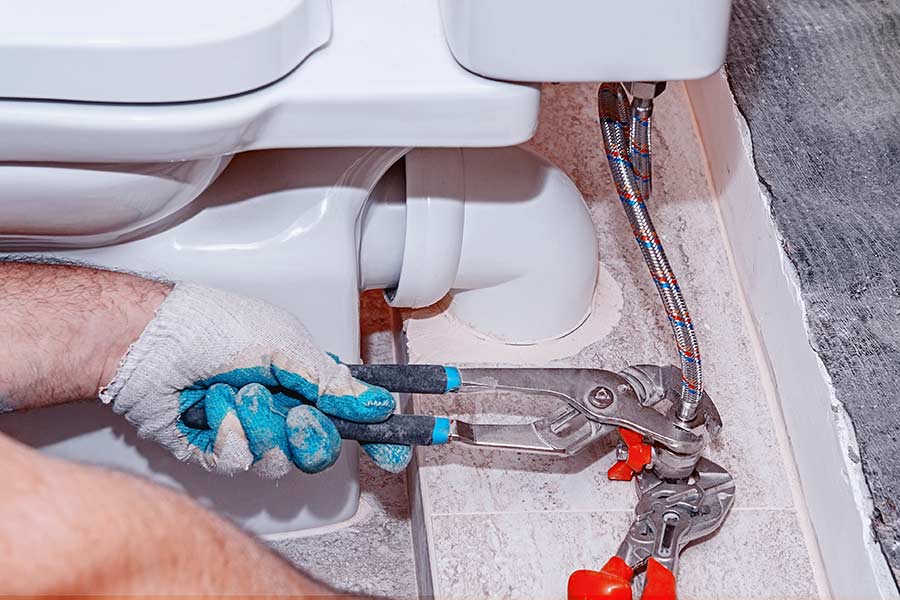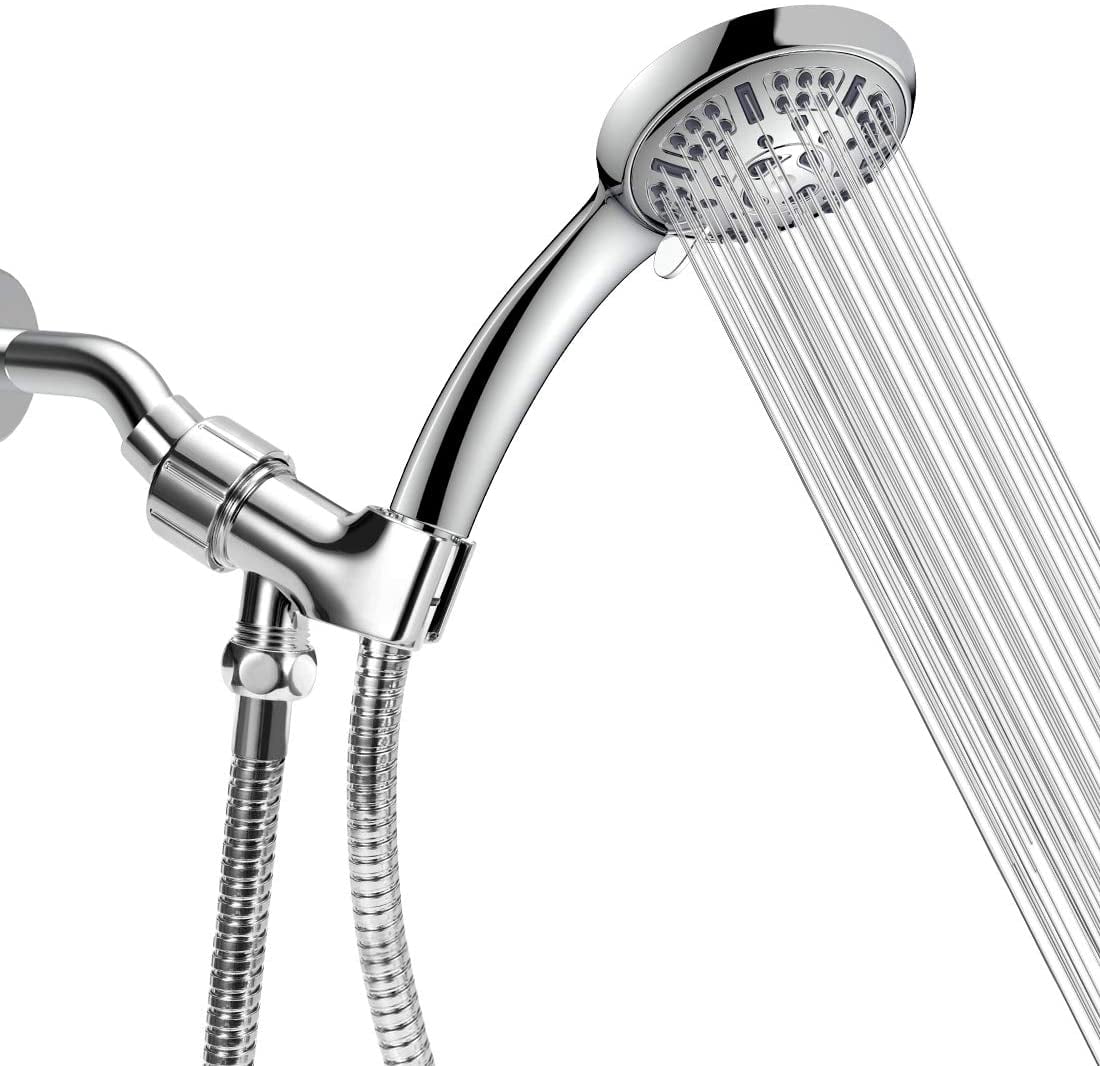Top 5 Factors for Water Leaks
Top 5 Factors for Water Leaks
Blog Article
Each person may have their private thinking about Reasons for Water Heater Leaks.

"Be cautious of little expenditures. A small leak will sink a great ship." - Benjamin Franklin.
He could not have actually been a lot more ideal since water leaks in our residences result in a waste of sources, boosting our water expenses. Although this increase could appear negligible in the beginning, it can cause substantial expenditures that can damage your financial institution. Other than an increase in costs, water leakages likewise create undesirable natural growth, architectural damage, as well as also electric dangers.
Finding out if you have a water leak isn't always very easy as a result of being not able to see most of the pipework in your house. If you have had a boost in your water costs recently, noticed water stains on ceilings and also wall surfaces, scented poor smell, and so on. You may intend to consider requesting plumbing services to get it had a look at.
There are a number of sources of water leakages, and we have actually assembled the common reasons listed below. Examine to see if you have actually had relevant problems in your house just recently.
Clogged drains
Food fragments, dirt, and grease can trigger stopped up drains as well as obstruct the flow of water in and out of your sink. Increased stress within the seamless gutters can create an overflow as well as end up fracturing or rupturing pipelines if undealt with. To avoid clogged drains pipes in your house, we suggest you to prevent putting fragments down the drain and also normal cleansing of sinks.
High water pressure
You noticed your home water pressure is more than typical however then, why should you care? It's out of your control.
It would be best if you cared because your average water pressure need to be 60 Psi (per square inch) and also although your residence's plumbing system is made to hold up against 80 Psi. A rise in water stress can put a pressure on your house pipes and also bring about fractures, or worse, burst pipes. Get in touch with an expert concerning managing it if you ever before discover that your house water pressure is higher than normal.
Rust
As your pipework ages, it obtains weak and also extra at risk to corrosion after the constant flow of water with them, which can eat away at pipelines as well as cause cracks. A noticeable indicator of rust in your home plumbing system is discoloration and although this might be tough to find because of many pipes hidden away. Once they are old to ensure a sound plumbing system, we advise doing a constant check-up every couple of years and also transform pipelines
Deteriorated pipeline joints
Pipe joints are the components of our plumbing system where the pipelines link. It is necessary to note that even though pipelines are developed to withstand stress and last for a while, they weren't developed to last for life; as a result, they would degrade over time. A common indicator of damaged pipe joints is extreme sound from taps.
Broken seals
Another reason for water leaks in houses is broken seals of house appliances that utilize water, e.g., a dish washer. When such devices are mounted, seals are mounted around water ports for simple passage of water through the machine. Hence, a busted seal can create leakage of water when in use.
With little or no expertise of plumbing, comprehending your house's plumbing system adequate to fix several of these concerns (without effect) can be an inconvenience. Get in touch with plumbing experts in Pittsburgh, Divine Superintendence, Rochester, and also environ today, and they'll make those issues go away.
He could not have been extra ideal due to the fact that water leaks in our residences result in a waste of resources, raising our water expenses. If you have had a rise in your water expenses recently, observed water stains on ceilings and also walls, scented lousy smell, and so on. A boost in water stress can place a pressure on your home pipelines and also lead to cracks, or even worse, ruptured pipes. Another reason of water leakages in residences is damaged seals of residence appliances that use water, e.g., a dishwasher. When such home appliances are set up, seals are set up around water adapters for very easy flow of water with the maker.
5 TIPS IN DETECTING A WATER LEAK IN YOUR HOUSE
Water leaks can be hard to find in your home, yet they can be so common. We rely on water every day in our home, which is why a leak can cause big problems. By detecting them early, you can save money and further damage, getting the problem fixed as soon as possible. Here are 5 tips to help you detect a water leak in your home, so you can contact a plumber straight away and get the issue sorted.
Check your water meter
Many people underestimate the value of the water meter in their home. It can be one of the best ways to tell if you have a leak early on, so you can get on top of it before issues start arising. Start by turning off all the water in your home: taps, washing machine, dishwasher, etc. Now take a look at the meter – if it’s still changing with everything turned off, it’s likely you have a fast-flowing leak that you need to get on top of straight away. If nothing changes, then leave your meter for an hour or two and come back to it. Did it change in this time? It’s likely you have a slower leak, which isn’t as urgent but still handy to get fixed so it doesn’t become a bigger problem.
Keep an eye on your bill
Another good way to detect a leak in your home is by keeping an eye on your water bill. It helps if you have a past bill from the same period of time. You can compare like for like and determine whether your water usage has increased significantly. If it has, there may be a leak in your system that you haven’t picked up before. A professional plumber can check through all of your pipes and determine where it is coming from.
Look for damage
If you have a leak inside your home, you will notice damage over time. Take a look at your showers and bathtubs and note whether any of the tiles surrounding the area seem to be discoloured or damaged in any way. There may be water stains, mould or peeling material that has resulted from a build up of moisture over time. Make sure you take a look under sinks at the back of cupboards that don’t get accessed regularly. This is where damage can go unnoticed and build up over periods of time.

I ran across that entry about How to Find and Prevent Water Leaks in Your Home when doing a search on the internet. Those who enjoyed our blog post kindly be sure to pass it around. Thank you for going through it.
Need help? Dial now. Report this page